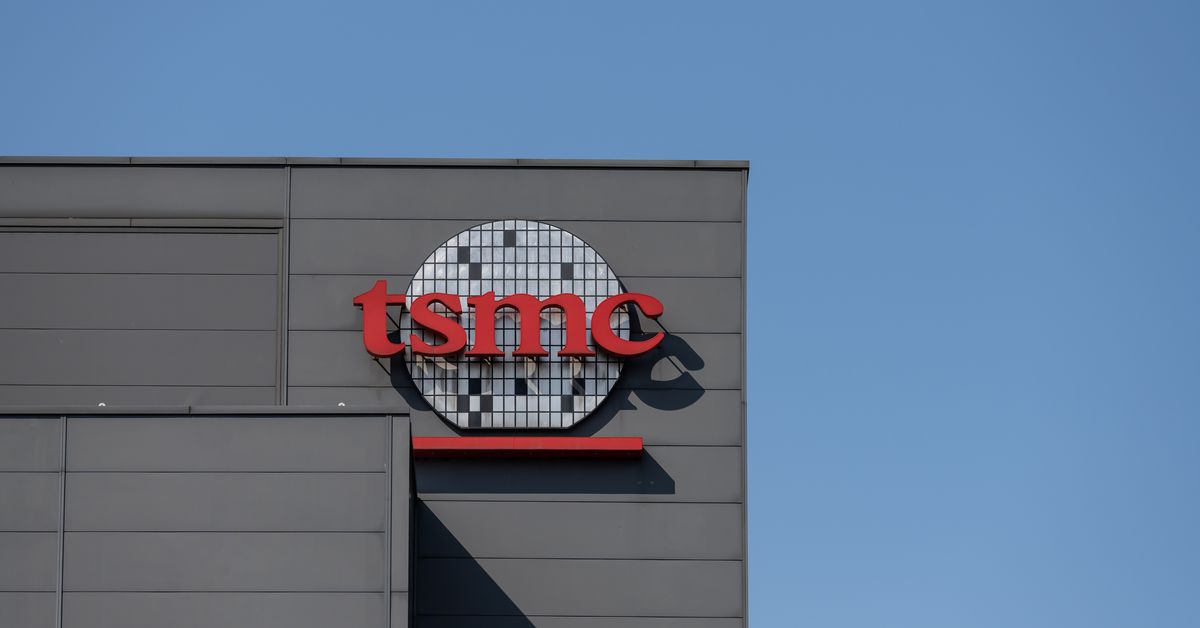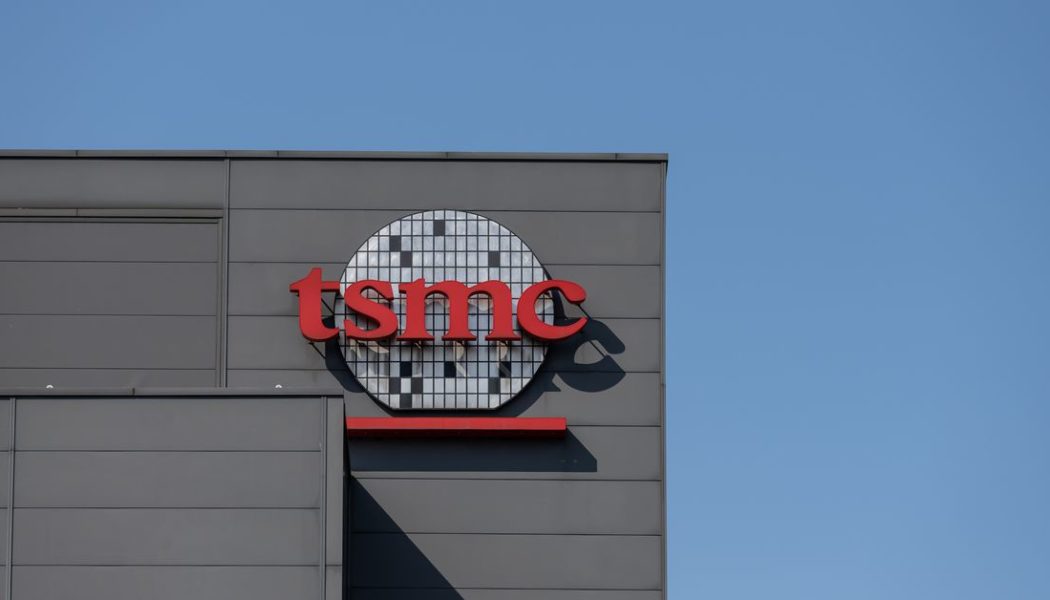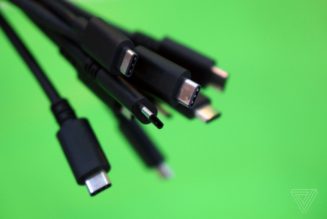
Chip manufacturer Taiwan Semiconductor Manufacturing Company (TSMC) has reiterated that it expects chip shortages to continue into next year, Bloomberg reports. The warning came as the company reported its latest financial results, which saw its net sales rise almost 20 percent to NT$372 billion (around $13.3 billion) compared to the same quarter the previous year. However, automakers should see the shortage gradually easing this quarter.
As the world’s largest contract chip manufacturer, a lot of attention has been paid to TSMC amid the global chip shortage, which has impacted the manufacturing of everything from cars to game consoles. TSMC is a leading manufacturer of semiconductors and is responsible for producing the majority of smartphone processors worldwide. It supplies chips to the world’s biggest tech companies, including Apple, Qualcomm, and AMD, and controls 28 percent of the world’s semiconductor production capacity, according to a recent report from Counterpoint Research.
Warnings about the chip shortage lasting into 2022 are broadly in line with what TSMC said last quarter, when CEO C. C. Wei said, “In 2023, I hope we can offer more capacity to support our customers. At that time, we’ll start to see the supply chain tightness release a little bit.” Other companies have issued warnings along a similar timeline.
Amid the continued shortages, all eyes are on how quickly TSMC can increase production. The company has committed to spending $100 billion through 2023 to expand its capacity, and in this year alone, it expects microcontroller production to increase by almost 60 percent, Bloomberg notes. Last month, the company started construction of a new $12 billion semiconductor manufacturing facility in Arizona, and in April, it confirmed it would spend $2.8 billion expanding production in Nanjing, China, Nikkei Asia reports. The company is also considering building its first chip plant in Japan, its CEO has confirmed.
In the meantime, the chip shortage is continuing to have a real impact on the electronics available for people to buy. Just this week, General Motors said it would drop wireless smartphone charging from some of its new SUVs because of supply chain challenges, and shortages are also starting to cause a slowdown in the PC market.









